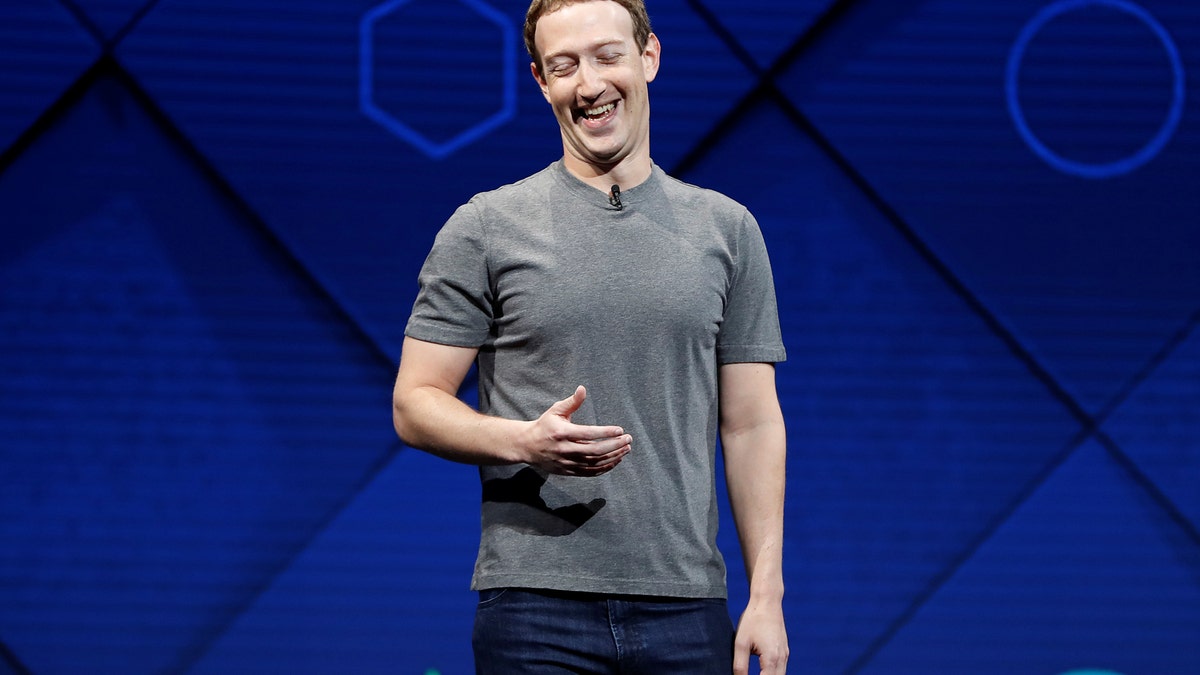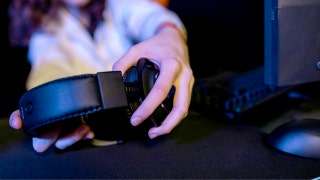
File photo: Facebook Founder and CEO Mark Zuckerberg speaks on stage during the annual Facebook F8 developers conference in San Jose, California, U.S., April 18, 2017. (REUTERS/Stephen Lam)
When it comes to artificial intelligence, two of the most powerful CEOs in technology—Mark Zuckerberg and Elon Musk—have a major difference of opinion.
Zuckerberg on Sunday afternoon had some time to kill while smoking a brisket in his backyard, so he went on Facebook Live for an impromptu question-and-answer session. When asked his thoughts about AI, the Facebook CEO said he thinks Musk's warnings about the technology are "irresponsible."
"Watched a recent interview with Elon Musk; his largest fear for future was AI," the user wrote. "What are your thoughts on AI and how it could affect networks in a 'deep' way?"
Around the 50-minute mark, Zuckerberg says he has "pretty strong opinions" about this topic.
More From PCmag
"With AI, especially, I'm really optimistic, and I think that people who are naysayers and...try to drum up these doomsday scenarios… I don't understand it, I think it's really negative, and in some ways I actually think it's pretty irresponsible."
He went on to say that "AI is going to deliver so many improvements in the quality of our lives" over the next five to 10 years.
The technology, for instance, is already helping doctors diagnose diseases and match people with the drugs they need to get better, Zuckerberg pointed out. Plus, self-driving cars, which rely on AI, are "going to be safer than people driving cars," he added.
Zuckerberg acknowledged that technology can always be used for good and bad, and said people "need to be careful" about how they build and use AI. But he said he has a hard time understanding why anyone would argue to slow the process of building AI.
"If you're arguing against AI, then you're arguing against safer cars that aren't going to have accidents, and you're arguing against being able to better diagnose people when they're sick, and I just don't see how in good conscience some people can do that," Zuckerberg said.
On Twitter, Musk fired back. "I've talked to Mark about this," Musk wrote. "His understanding of the subject is limited."
This article originally appeared on PCMag.com.








































